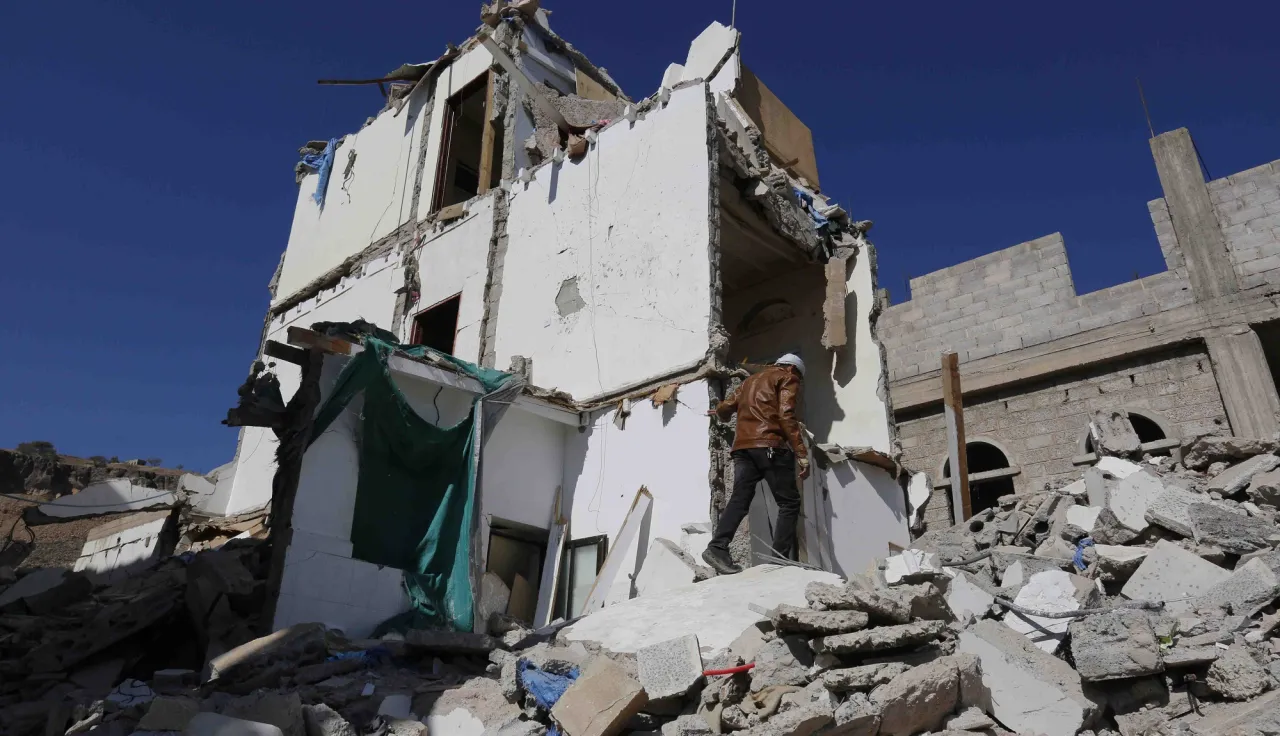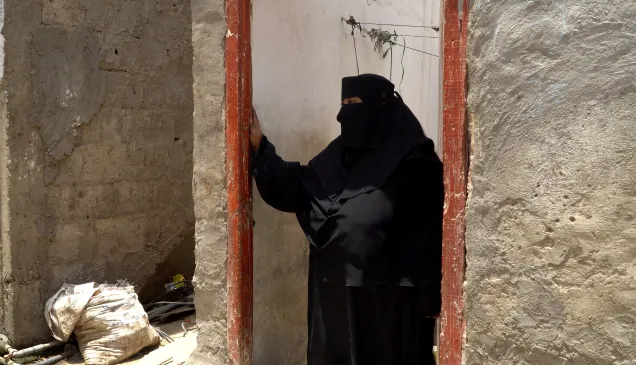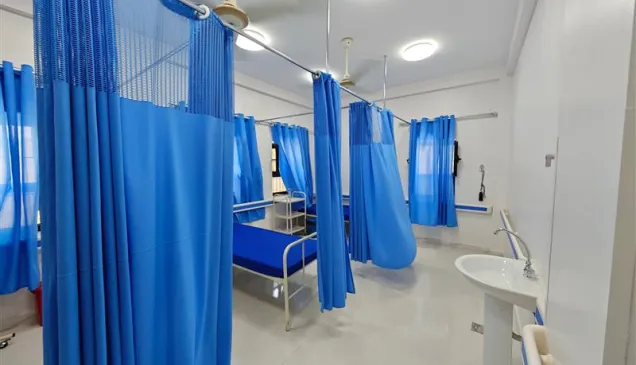Speech given by Mr Peter Maurer, ICRC President, at UN General Assembly High-Level Meeting on "Addressing Malnutrition in Yemen".
When bombs drop onto city streets;
When electricity, water, health systems are destroyed;
When a country is cut off from imports;
When the cost of food is prohibitively expensive...
A country is brought to its knees.
This is Yemen today. 22 million people, three-quarters of the population, need assistance; one million more since June last year. Two out of three Yemenis are food insecure.
Food insecurity is the result of protracted conflict. It is the result of broken health systems, damaged infrastructure, and shattered economies. It is the result of continued violations of international humanitarian law and the dignity of human life.
In an increasingly complex and difficult security environment, ICRC is working to bring emergency food relief, and stabilise basic water, sanitation and health infrastructure.
But humanitarian aid will not solve the crisis. Humanitarian agencies can neither feed millions of Yemenis nor provide for the healthcare needs of the entire country.
We cannot hold together the pieces of a country broken by a systematic disregard by all parties of IHL.
International humanitarian law is clear -
• Objects that are indispensable to the survival of the civilian population cannot be attacked or destroyed;
• Neutral, impartial and independent humanitarian action, including the delivery of essential foodstuffs, is specifically protected.
The responsibility to stop the spiral of malnutrition lies first and foremost with the warring parties. And those who support them should do everything in their power to restore respect for IHL.
There is an untapped opportunity for States to positively use their influence to guide the parties they support to behave in ways that comply with the law.
Steps include: ceasing the transfer of weapons if there is a clear risk of violations of international law; vetting recruits to exclude the recruitment of minors or those who have committed violations of IHL; and training allies to treat detainees humanely.
Other practical measures can be taken today to alleviate the food crisis. The ICRC makes the following calls:
• For the heavy restrictions on imports and on the movement of people to be lifted. The port of Hodeida must be kept open and supplies allowed through, into the country and across the frontlines.
We are concerned that the definition of "humanitarian supplies" is prohibitively narrow and that desperately needed supplies are being blocked. There must be a more generous interpretation so people have a hope to access what they need.
• Humanitarian work must be safeguarded. The recent attacks on humanitarian workers are shocking – those coming to the aid of others absolutely must be protected.
• Sana'a airport should reopen for humanitarian purposes, at the very least for the medical evacuation of those in need of treatment abroad.
• Those detained cannot be forgotten, When food crises hit, detainees are among the most vulnerable. We ask that the ICRC is allowed continuous access to detention facilities to help to improve conditions.
While some steps have been taken, if we are to help the many millions facing starvation, we simply must see greater action by all parties to allow humanitarian action, to find political solutions and to advance Yemen's economic recovery.




